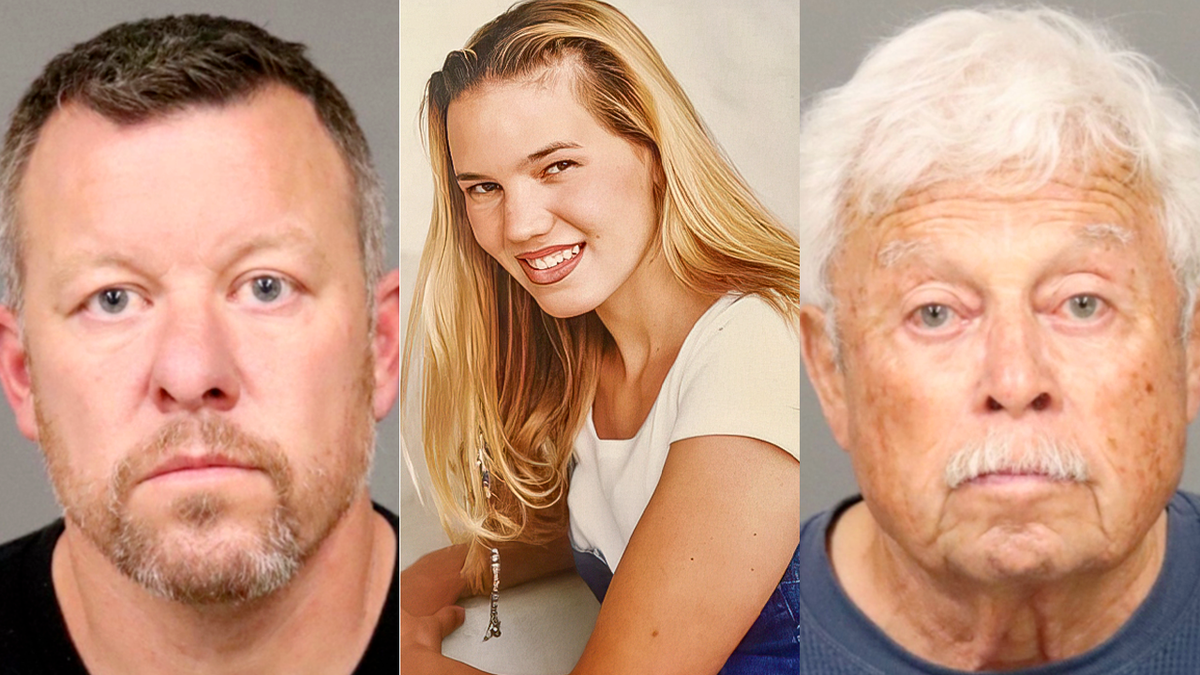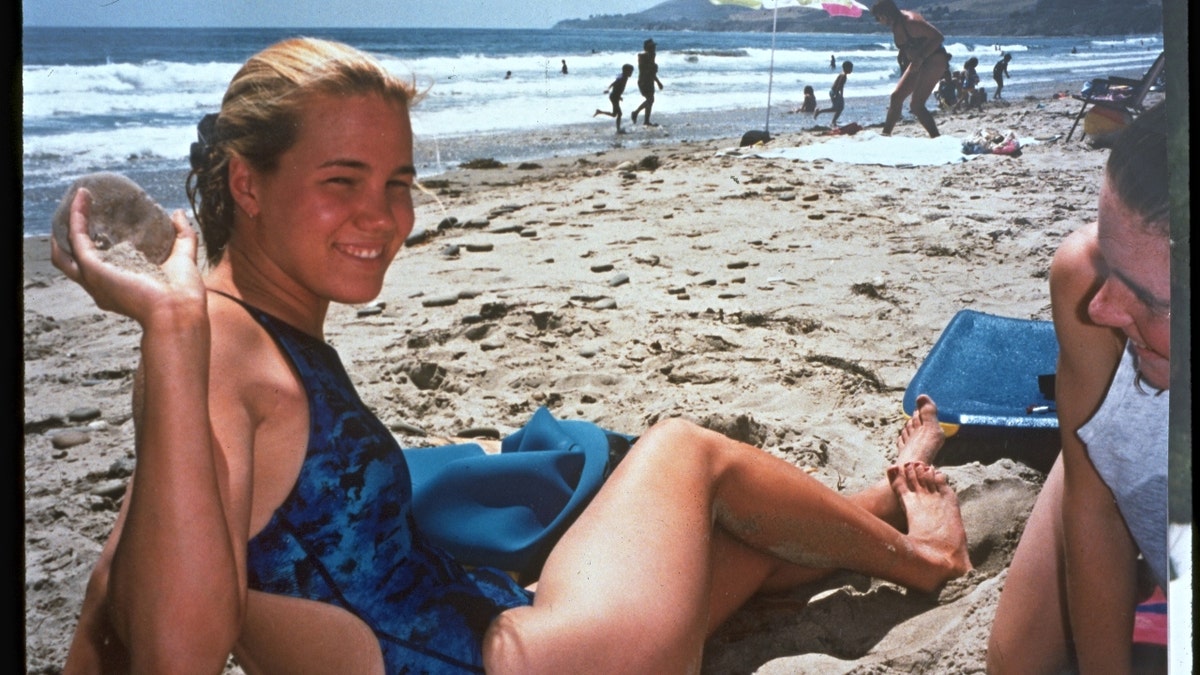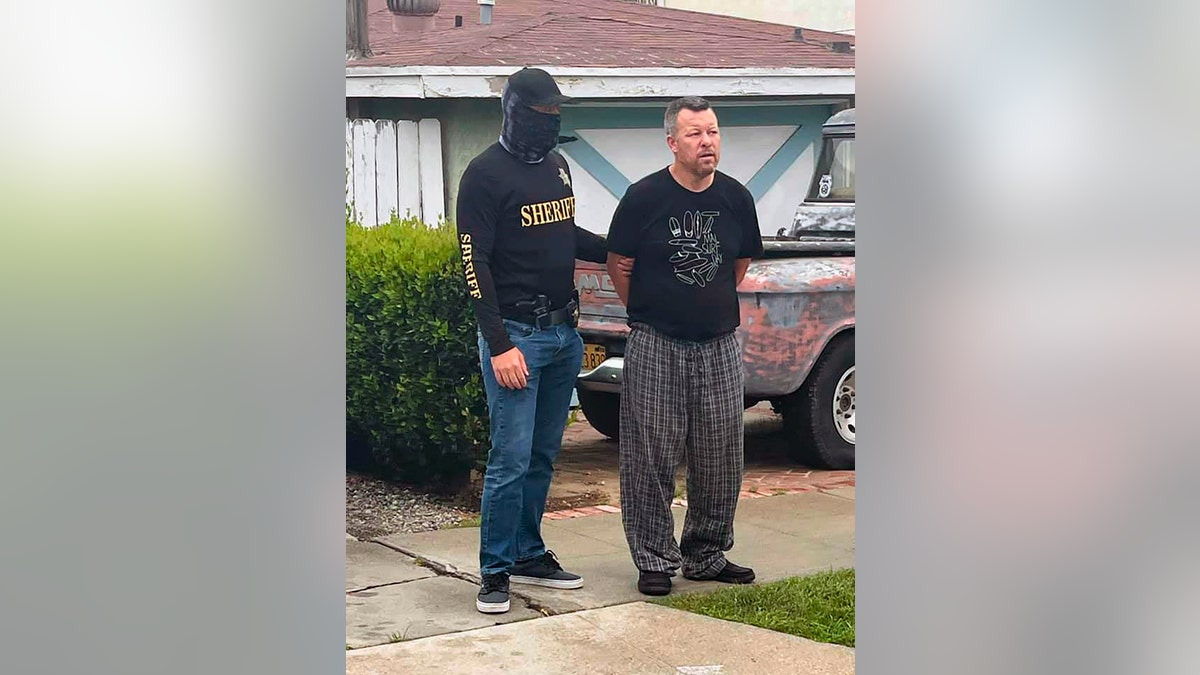Nancy Grace on Kristin Smart case: The evidence will bring justice
Fox News' Nancy Grace discusses the unsolved Kristin Smart case.
Jurors who spent months overseeing the trial for the men accused in the 1996 disappearance and presumed death of California college student Kristin Smart announced their verdicts on Tuesday, finding Paul Flores guilty and Ruben Flores not guilty in a mystery that has riled the public for decades.
Paul, 45, and Ruben, his 81-year-old father, learned their fate 12 days after the final panel of jurors received their instructions and began their deliberations on Oct. 6. Paul Flores' jury deliberated for roughly four days and found him guilty of first-degree murder. Ruben Flores' jury returned a verdict in about six hours and found him not guilty of acting as an accessory after the fact.
Smart was a 19-year-old college student at California Polytechnic State University in 1996 when she vanished after an off-campus party, investigators said. More than 26 years later, Paul Flores – the man who was last seen with Smart – and his father have stood trial for months.
Paul and Ruben Flores were defendants in a single trial but with dual juries – one panel to determine the youngest Flores' fate and another for his father's. The jurors were selected from a pool of more than 1,500 Monterey County residents. Court officials previously notified the media that they would not be announcing the verdict for one defendant until the jury for the other defendant had also reached a decision.

Paul Flores, left, was found guilty and his father, Ruben Flores, not guilty in the 1996 disappearance and presumed death of California college student Kristin Smart. (FBI via AP, File)
Smart was a student at Cal Poly’s San Luis Obispo campus in 1996 when she was allegedly heavily intoxicated with Paul Flores after an off-campus party on Crandall Way. She was walked back from the party by three people – a man, a woman and Flores. The others slowly peeled off after Flores allegedly insisted multiple times that he could get Smart home safely.
She was never seen again.
The state has said Flores killed Smart in his dorm room while he tried to rape her when they were both freshmen. The disappearance prompted a massive search.
EXAMINING CALIFORNIA'S KRISTIN SMART TRIAL: THE ANATOMY OF A CASE WITH NO BODY
Prosecutors have argued their belief that Flores killed Smart in his dorm room during an attempted rape. They said his father then helped his son bury Smart’s body under the deck behind his Arroyo Grande home – and then later dug up her remains when law enforcement returned decades later.
KRISTIN SMART MURDER TRIAL: THE DEFENSE RESTS ITS CASE IN CALIFORNIA TRIAL
They relied heavily on evidence gathered from ground-penetrating technology, K9-detection and soil analyses to further try to convince the juries. They also relied on the testimony from several women who had relationships or encounters with Paul Flores. Two women, named Rhonda and Sarah, both recalled separately on the stand how they were sexually assaulted by Flores after meeting him at a bar.

Kristin Smart went missing on May 25, 1996, while attending California Polytechnic State University, San Luis Obispo and has not been heard from since. (Axel Koester/Sygma via Getty Images)
Meanwhile, the Flores' had separate attorneys who argued, among other things, that the evidence is "based on speculation and not proof of facts."
CLICK HERE TO LISTEN TO TRUE CRIME PODCASTS FROM FOX NEWS
Neither Flores defendant testified at trial. Attorneys argued that Paul Flores barely knew Smart and that she dressed or acted in a provocative manner. They argued that the state did not meet its burden of proof, that witnesses who spoke against the family were looking for fame, and that the use of K9s to detect possible evidence had no scientific value.

Paul Flores was taken into custody on April 13, 2021. (San Luis Obispo County Sheriff's Office via AP)
Harold Mesick, Ruben Flores' defense attorney, argued that one of the witnesses who testified "just got up there and made stuff up" while others were on a mission "to convict Paul and Ruben Flores."
CLICK HERE TO GET THE FOX NEWS APP
Defense attorneys had previously tried to suggest that Smart ran away to Hawaii or that there were other suspects – including convicted murderer Scott Peterson, who attended the university at the same time. But the judge barred any such mention of other suspects during trial.




